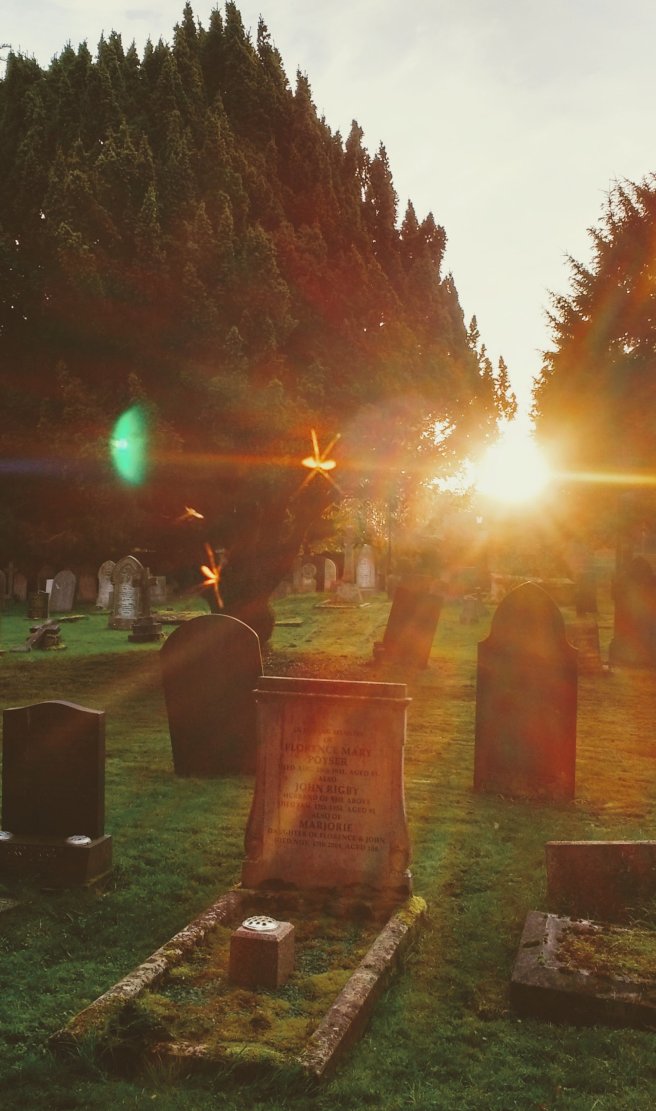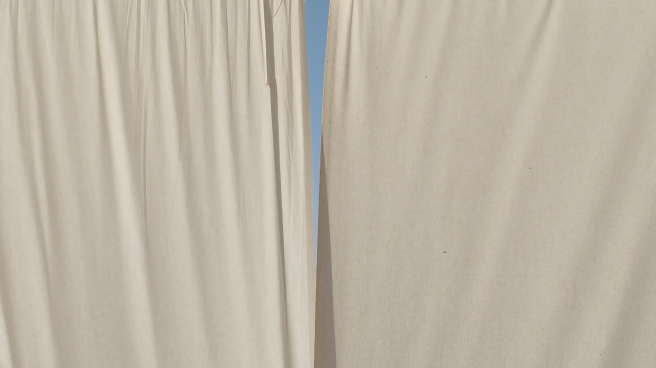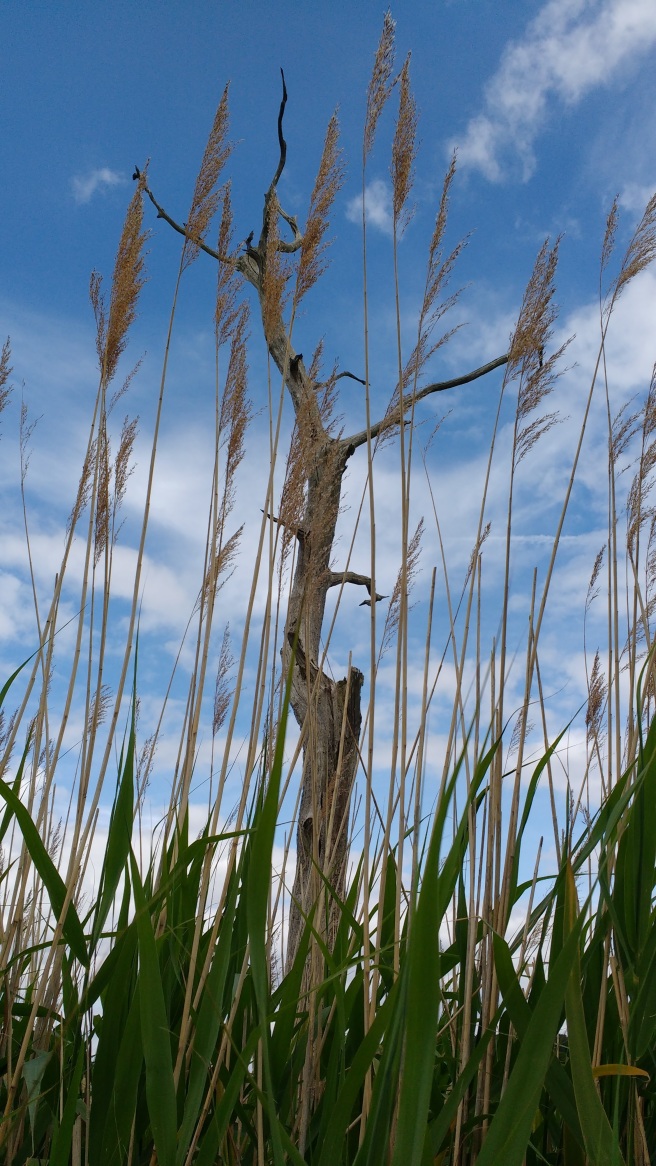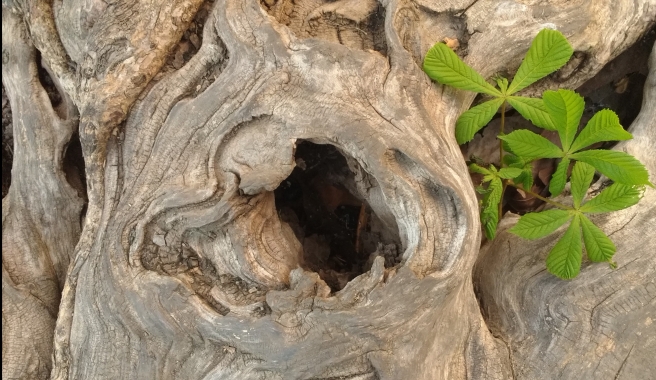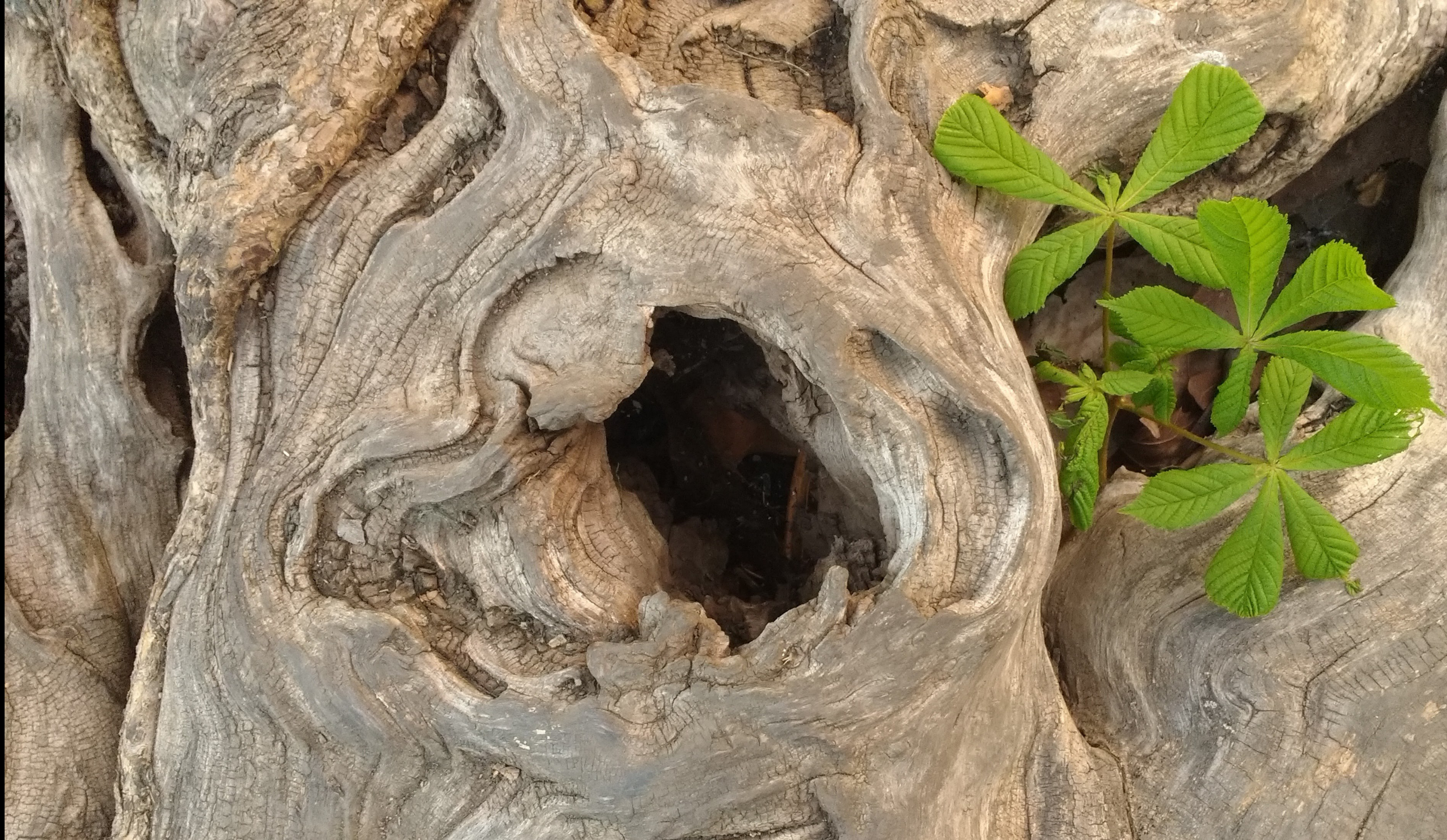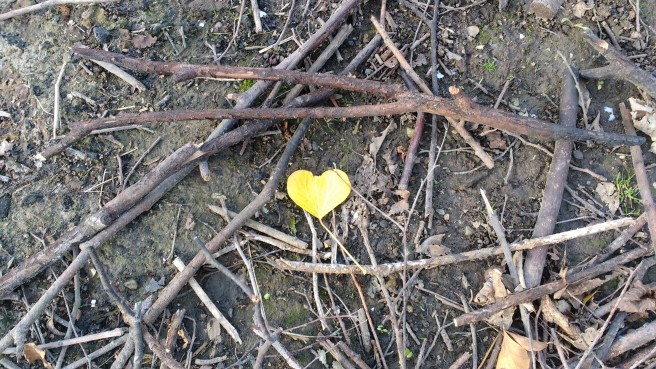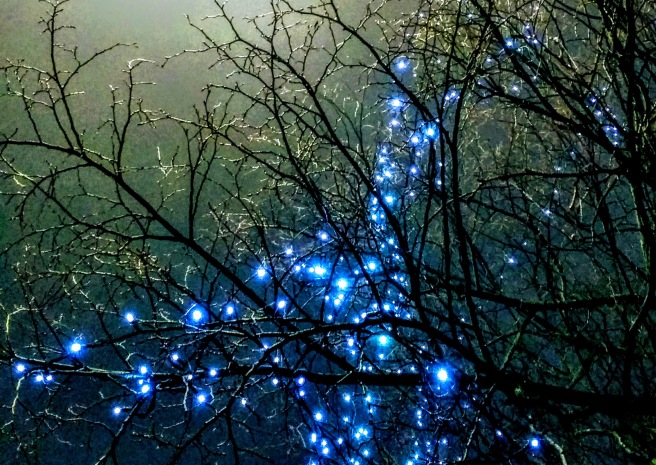As a teenager, I worked my way through several meters of Goldmann Taschenbuch editions of Agatha Christie novels (along with a number of Edgar Wallace thrillers, which, together, turned me into a committed, if ill-informed, anglophile). However, by the time I came across the Poirot mysteries starring David Suchet, I’d lived in the UK for some time and found their nostalgia sickly and their plots boring. But when the BBC showed The ABC Murders, adapted by Sarah Phelps and starring John Malkovich, at Christmas, I was curious.
Phelps’ adaptation makes some very interesting choices about settings and characters. Instead of stylish Art Deco interiors we see mostly poverty. Fascist posters calling for an end to the “Alien Tide” line the streets. Poirot is here not the vain, funny little man who plays up his foreignness to hide a formidable intellect, but a traumatised refugee, mocked and abandoned.
Detectives are often marginal figures, their ability to understand the minds of criminals, their involvement with them, rendering them suspicious. In Poirot’s case his foreign mannerisms, such as the phrase “mes enfants”, are a tool to appear harmless, to endear himself to the British public and to defuse their suspicion of him as both a detective and a foreigner. This is the familiar version of Poirot, established in Christie’s novels through the use of Poirot’s friend Hastings as narrator. Hastings attitude towards Poirot veers from the good-humouredly patronising to utter amazement when the funny little foreigner yet again proves to be much more perspicacious than expected. For the reader, who is likely to have more faith in Poirot’s abilities, this adds an enjoyable twist to the resolution of the mystery. Phelps’s adaptation omits Hastings altogether and tells the story from Poirot’s perspective. We witness Poirot in intimate moments: being humiliated, accepting an offer of friendship, praying. We are given access to his mind: flashbacks to Belgium in 1914, fragmented traumatic memories of terror and violence which we initially see from Poirot’s point of view. Only much later does the camera pull back to include Poirot himself in the frame and thus provide us with his backstory. This reveals that Poirot was a priest, and that he was unable to save his congregation from slaughter by German soldiers. Rather than being overwhelmed by this experience of utter helplessness, terror and failure, Poirot uses it as motivation. The phrase “mes enfants” now acquires a deeper meaning: it expresses Poirot’s powerful sense of responsibility for the weak and helpless. In The ABC Murders, these are are the disabled and confused war veteran set up as the main suspect, a young woman forced into prostitution by her own mother, another woman trapped in a life of drudgery, an alcoholic. And these are exactly the kinds of people we can (if we choose to) increasingly see on our streets. Poirot cannot rescue them, but he acknowledges their humanity and affirms their right to respect and dignity. Poirot’s single act of violence, tearing down the fascist poster that has been haunting him (and us) through the series, is a similarly ambiguous gesture, at once powerless and powerful.
As so often, the murder mystery as such was for me the least interesting aspect of this story. What gripped me was the subversion of the clichéd figure of the foreigner as a figure trapped between suspicion and condescension. Phelps’ narrative strategy and Malkovich’s straight, resolutely un-twinkly performance restore Poirot’s dignity and make him the agent of challenging the contempt for, and exploitation of, “aliens”, the poor, disabled and marginalised.

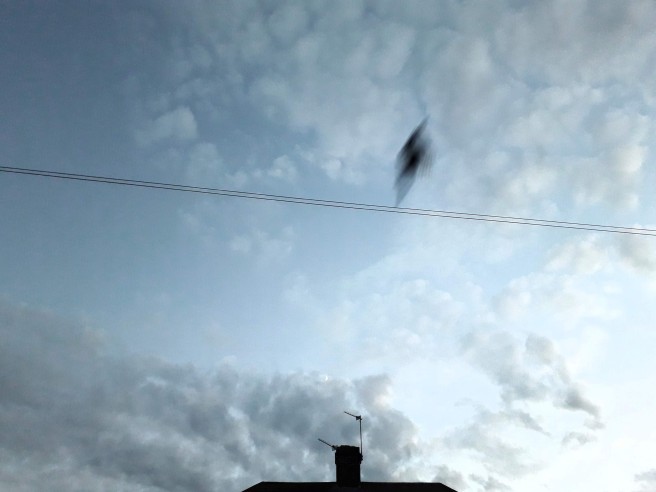
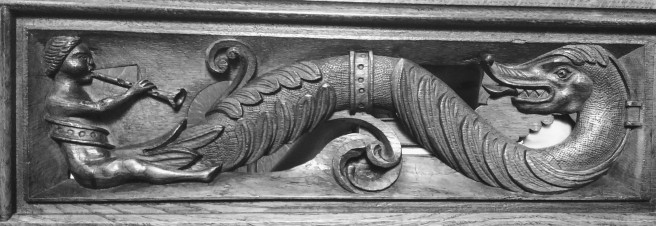 As a teenager, I worked my way through several meters of Goldmann Taschenbuch editions of Agatha Christie novels (along with some Edgar Wallace thrillers) which turned me into a committed, if ill-informed, anglophile. However, by the time I came across the Poirot mysteries starring David Suchet, I’d lived in the UK for some time and found their nostalgia sickly and their far-fetched plots boring. But when the BBC showed
As a teenager, I worked my way through several meters of Goldmann Taschenbuch editions of Agatha Christie novels (along with some Edgar Wallace thrillers) which turned me into a committed, if ill-informed, anglophile. However, by the time I came across the Poirot mysteries starring David Suchet, I’d lived in the UK for some time and found their nostalgia sickly and their far-fetched plots boring. But when the BBC showed 